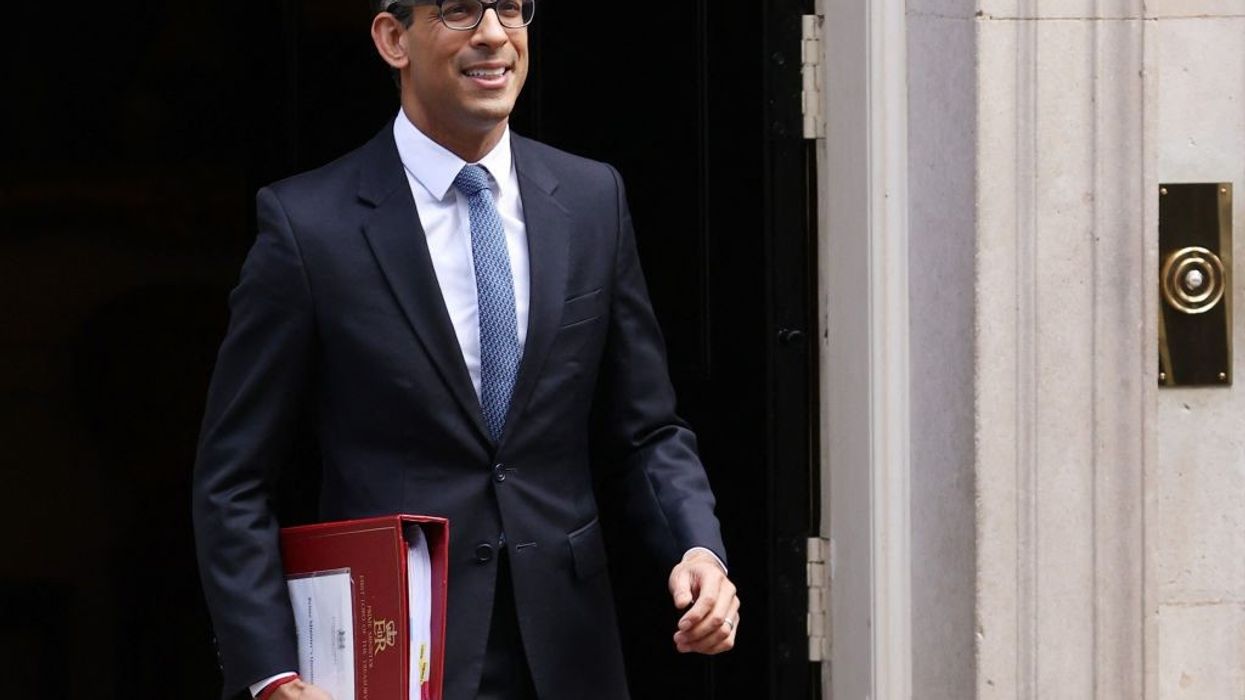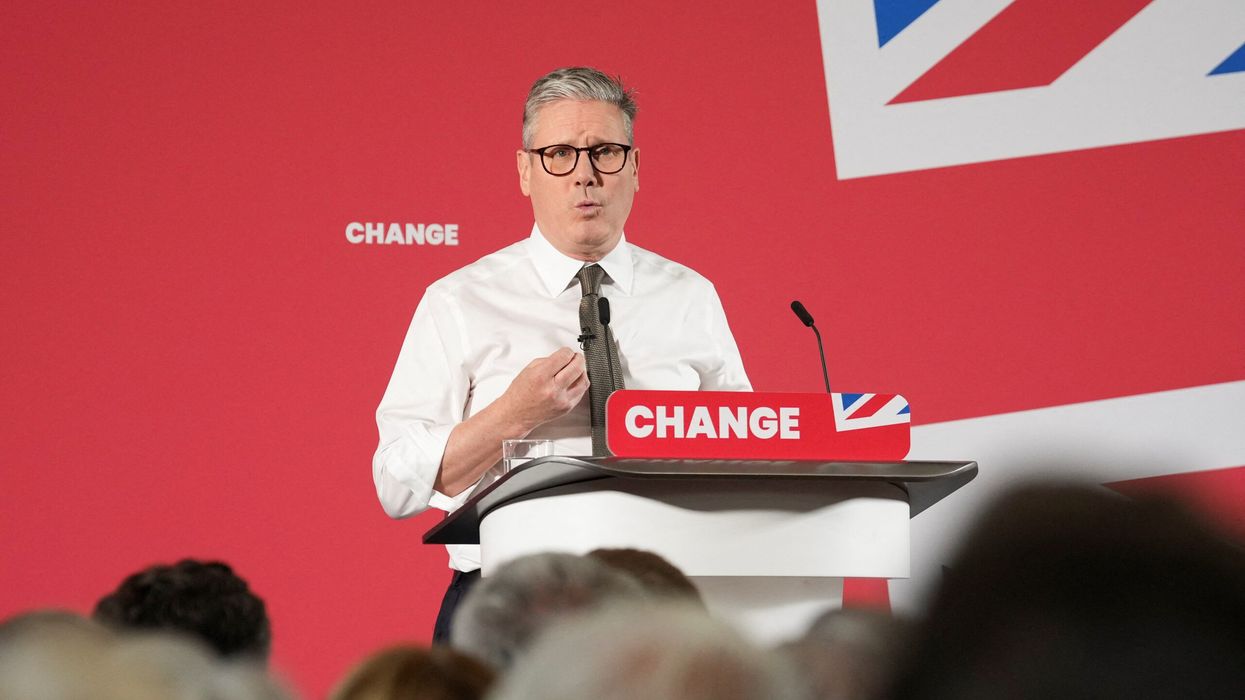Prime minister Rishi Sunak is expected to receive parliamentary approval for a crucial component of a post-Brexit agreement on Northern Ireland on Wednesday (22).
However, this triumph is marred by the lack of support from the province's largest unionist party and some members of his own party.
Sunak aims to resolve the longstanding issues surrounding Brexit negotiations by tackling one of the most complicated aspects - ensuring smooth trade with Northern Ireland while avoiding a hard border with either the UK or the EU.
As part of the Windsor Framework, which aims to alleviate post-Brexit tensions, Sunak and the EU agreed to implement the "Stormont brake," giving Northern Ireland greater autonomy to decide whether to accept new EU laws.
Nonetheless, in the upcoming parliamentary vote, Sunak is likely to face resistance from the Democratic Unionist Party (DUP), some Tory eurosceptics in the European Research Group (ERG), and two of his predecessors, Boris Johnson and Liz Truss, all of whom he had hoped to win over.
Despite the opposition, Sunak is expected to win the vote - the rebellion is likely to be contained to still give the Tories a majority and if not, the opposition Labour Party says it will back the government.
Sunak's spokesperson has urged lawmakers to support the brake.
"(It) fundamentally restores or deals with the democratic deficit that existed," the spokesperson said.
The brake enables Britain to prevent new EU laws applying to goods in Northern Ireland if asked to do so by a third of lawmakers in the province's devolved legislature.
The ERG has described the measure as "practically useless" and the DUP complains that it does not apply to existing EU law.
Sunak hailed securing the deal last month as a "decisive breakthrough". But the DUP has said the new deal does little to ease its concerns over the post-Brexit trading arrangements, saying the "brake does not deal with the fundamental issue which is the imposition of EU law".
The Northern Irish party, at odds with opinion polls suggesting 45% of voters in the province support the framework versus 17% opposed, has said it will keep talking to the government to try to assuage its concerns.
The DUP has for a year boycotted Northern Ireland's power-sharing government and has said it will not return to it until the post-Brexit trade arrangements are overhauled.
After the ERG published a legal document rubbishing most of the measures contained in the Windsor Framework, former prime minister Johnson, the face of the campaign to leave the EU, and his successor, Truss, said they would vote against the brake.
Johnson doubled down on his view that Sunak should stick to his policy of standing by legislation which would tear apart the current deal with the EU.
"The proposed arrangements would mean either that Northern Ireland remained captured by the EU legal order ... or they would mean that the whole of the UK was unable properly to diverge and take advantage of Brexit," he said.
(Reuters)













